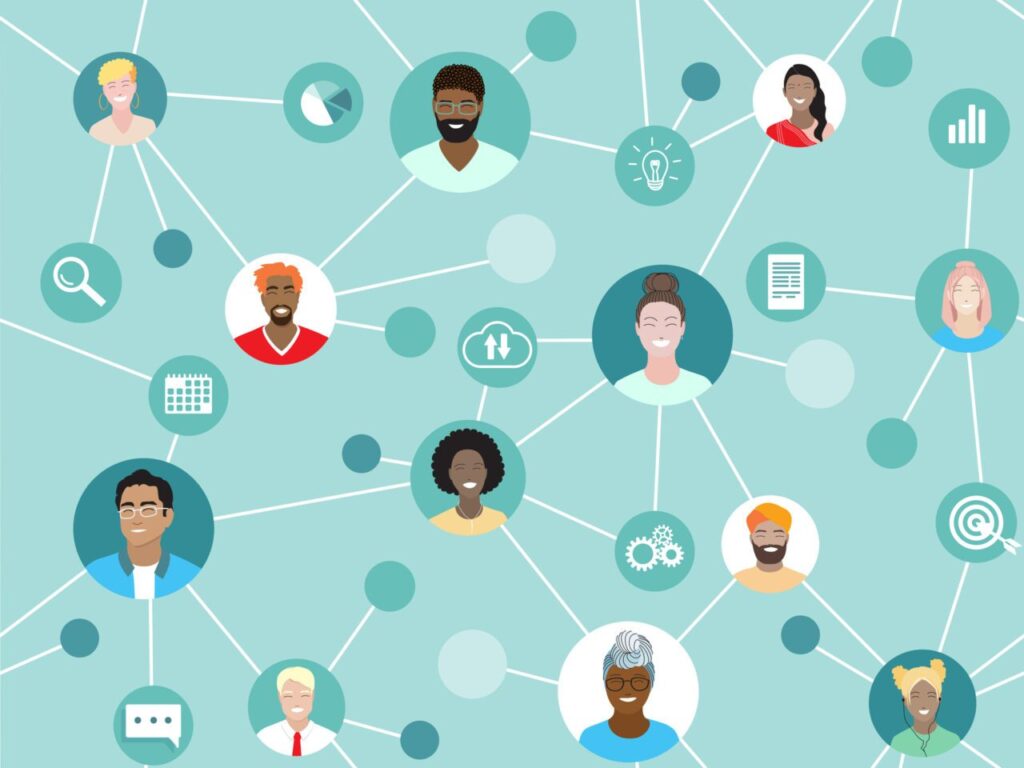From the please-tell-me-you’re-joking file comes news that an Israeli researcher is claiming Internet addiction is as dangerous as other “extreme addictive disorders,” such as compulsive gambling, sex addiction and kleptomania.
Why is it that any time an activity is enjoyable, some nudge always comes along claiming it’s dangerously addictive?
Dr. Pinhas Dannon, a psychiatrist from Tel Aviv University’s Sackler Faculty of Medicine, claims that 10% of Web surfers are afflicted with “Internet addiction disorder,” a pathological condition that can lead to anxiety and severe depression.
Ten percent? What’s that we smell? Bovine feces? Ah, yes, it is unmistakable. Oops. Sorry. We should take this more seriously.
Cold, cruel mistress, Internet. At first, the highs are crisp, clear and euphoric. And oh, the parties. Internet parties go until sunrise.
Then it ends. The money stops, and so do the parties and the highs. You find yourself alone in your litter-strewn apartment, experiencing a low like you never thought possible. Where are your friends now? Where are they!?
You fall to the floor in a clammy, feverish sweat and begin splitting carpet fibers with your thumb and forefinger. Your face is inches from the floor looking for anything—a flake, a crystal of Internet that may have fallen during one of those parties. Wait. There it is. For a moment, everything’s going to be alright, at least for a while. But no. Your heart crashes. You realize what you’ve found is not Internet. Sigh. It’s a rock of crack cocaine. You throw the rock, shrieking in anguish. Ever since Internet came along, crack just doesn’t do it any more. You fall into a sobbing, shaking heap asking yourself how it all went so terribly wrong…
According to Dannon, mental health professionals should change the way they currently classify Internet addiction from an obsessive-compulsive disorder to something far more sinister.
“Internet addiction is not manifesting itself as an urge. It’s more than that,” he said in a press release. “It’s a deep craving. And if we don’t make the change in the way we classify Internet addiction, we won’t be able to treat it in the proper way.”
Dannon followed his proclamation with completely predictable recommendations: He called for drug treatments, psychotherapy, and workshops in schools and places of employment to make people aware of the dangers of so-called Internet addiction.
Yay. More seminars. Can’t wait to see what riveting content HR can come up with on this one.
Think of the role-play possibilities:
HR Weenie: OK, for this exercise, I want everyone to pick a screen name that reflects their online personality. What? What was that? No, Bob: WetSpank586 is not an appropriate screen name for our purposes here today. No, Bob: not even if it’s your real screen name. Did you attend last month’s Sexual-Harassment-and-You workshop, Bob? I didn’t think so…
I personally think Dannon is being Mr. Cup Half Empty.
Think about it: Online, you can be addicted to sex, gambling and the Internet, and do all three at once without ever having to leave your chair. Hold the pills and the therapy, please. This sounds much more like an aspiration than an affliction.
And psychiatrists wonder why they’re considered the runts of the scientific litter.
 Network
Network

